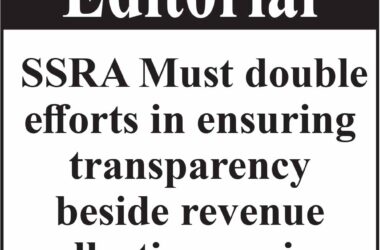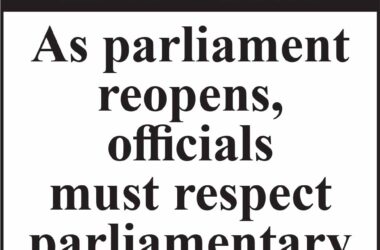Recently, the Directorate of Civil Registry, Nationality, Passport and Immigration (DCRNPI), issued a standing order banning officers and Non-Commissioned Officers from processing passports and nationality documents on behalf of citizens. That was on July 22nd, 2025 to be precise.
The move was both bold and commendable but the for the many South Sudanese who spend days, weeks and even months in long queues to navigate corrupt and inefficient system to obtain their essential documents, this order raises an important question: Will this order reduce their time in wait or simply add to their burden?
The order arose from well-established concerns by high-ranking officers of officers involved in malpractices by abandoning the assigned duties to exploit citizens by charging exorbitant unofficial fees to expedite the processing of their documents. An assignment they (officers & NCOs are not mandated to perform).
In effect, officers have turned public services into personal gains which undermines the integrity of the system and erodes public trust.
While ending such malpractices is necessary and definitely long overdue, the order risks creating even more suffering onto citizens unless comprehensive reforms are made to address the root causes of these malpractices. Truthfully, many citizens resort to intermediaries because they are desperate not because they choose to.
Imagine waiting for hours, days, weeks due to opaque procedures and frequent system breakdown with unclear communication. It has become nearly impossible for ordinary citizens to get passport or National ID without knowing anyone on the inside.
To ensure the enforcement of the directive, the Directorate must equate its firm stance to firm action in order to streamline service delivery. This involves the establishment transparent, people-friendly application processes which erases unnecessary bureaucracy.
It should even consider reducing face-to-face bottlenecks and corruption by introducing digital service delivery with all the required cyber-security structures. Train and deploy more staff to meet the growing number of applicants and also introduce strong accountability measures against officers who exploit the system.
Mandating the enforcement of the directive is crucial but equally so is monitoring compliance which will be a real test to the directorate. The public must also be sensitized about their rights and encouraged to report any violations without fear of retaliation.




